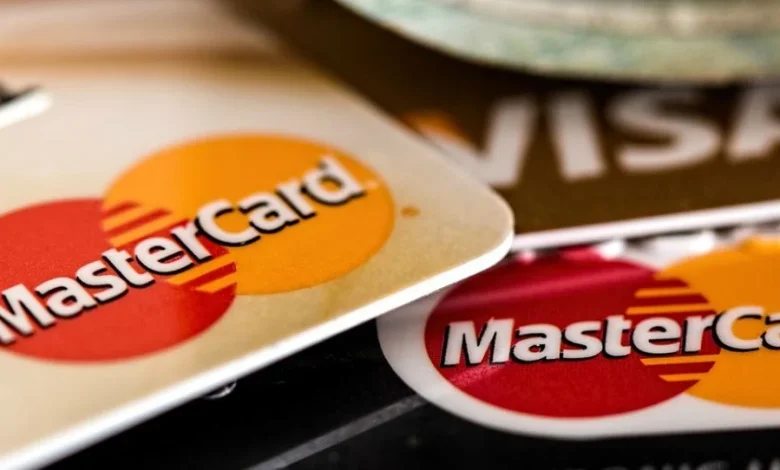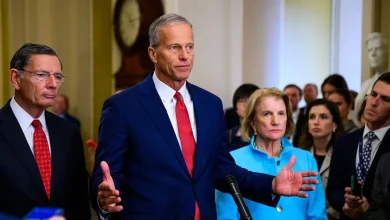Mastercard Taps Ripple and Gemini to Pilot Stablecoin-Powered Payments

Mastercard is deepening its involvement in digital assets through a new partnership with Gemini and Ripple to test settlement of fiat card transactions using RLUSD stablecoins on the XRP Ledger (XRPL), the companies announced Wednesday.
Once implemented, the collaboration will represent one of the first instances where a regulated U.S. bank settles traditional card transactions using a regulated stablecoin on a public blockchain, according to the joint statement.
The initiative aims to streamline payment settlement, lower costs, and boost transparency in how fiat transactions are processed across blockchain rails. WebBank, the issuer of Gemini’s credit card, will also participate in the pilot.
Integrating Stablecoins Into Everyday Spending
The XRPL is an open-source blockchain optimized for payments, with Ripple serving as its primary advocate. Gemini, founded in 2014 by Cameron and Tyler Winklevoss, already offers a Gemini Credit Card that lets users earn crypto rewards. The company recently launched a Solana edition of the card, offering up to 4% back in SOL tokens on purchases.
“With the Gemini Credit Card, we’re advancing how digital assets are integrated into everyday spending,” said Dan Chen, Gemini’s Chief Financial Officer. The firm believes stablecoin-based settlements could make crypto payments more efficient and secure while providing consumers with real-world utility for digital assets.
Mastercard’s Growing Blockchain Network
The partnership marks another milestone in Mastercard’s expanding digital asset strategy. In June, the payments giant partnered with Chainlink to enable consumers to purchase crypto directly onchain through a fiat-to-crypto conversion mechanism.
On the same day as the Ripple-Gemini announcement, Humanity Protocol, a digital identity solution provider, also revealed a collaboration with Mastercard to leverage open finance technology for credit and lending access using blockchain-based digital identity.
The move underscores Mastercard’s commitment to bridging traditional finance and Web3, as it increasingly aligns with regulated crypto firms and public blockchains to modernize payment infrastructure.
Alexander has been working in the crypto industry for three years, during which time he has established himself through his active participation in monitoring market dynamics and technological innovations. His interest in cryptocurrencies and new technologies is not just a professional commitment, but a deep personal passion. He follows the news in the sector daily, analyzes trends, and is excited about every new step in the development of blockchain solutions. His enthusiasm drives him to continuously learn and share knowledge, as he sees the future in digital finance and its role in global transformation.





